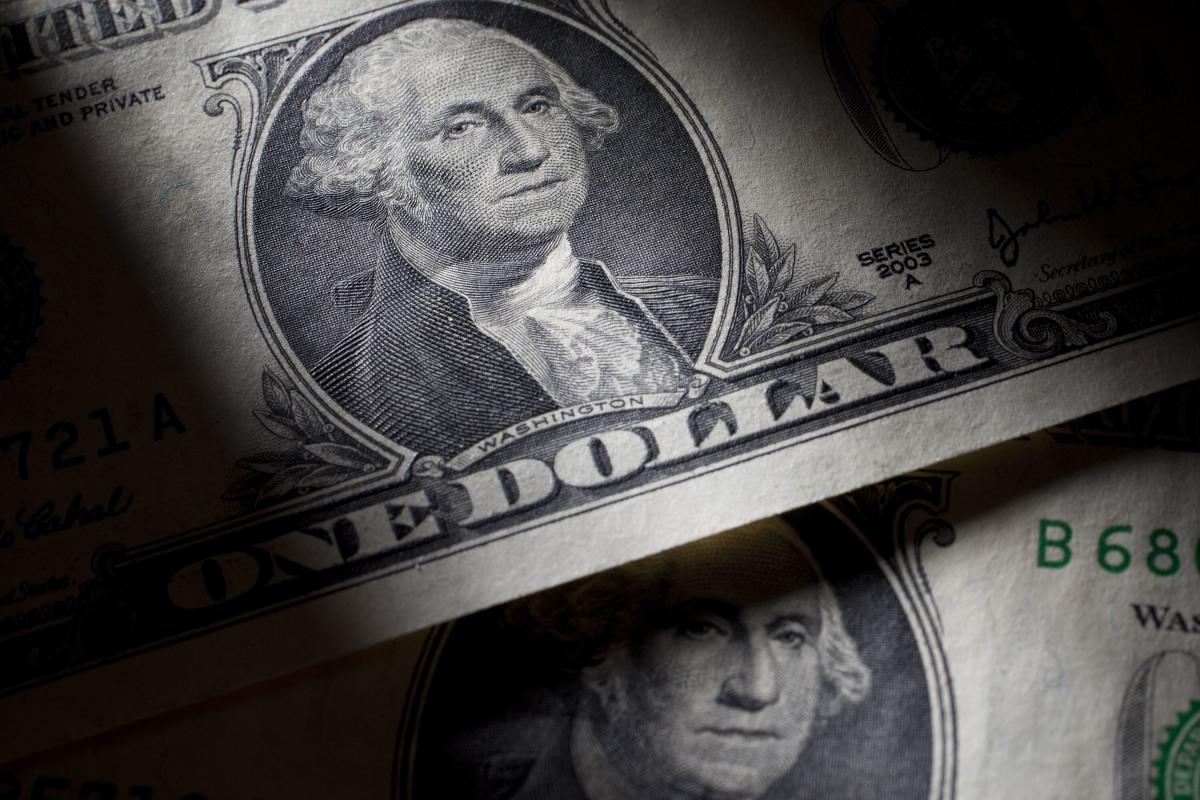Spotlight
Finance
Technology
At their core, cults can be understood as tightly-knit social groups centered around fervent devotion…
Join our mailing list
Get the latest finance, business, and tech news and updates directly to your inbox.
Top Stories
Raymond James Financial Services Advisors Inc. trimmed its position in Royce Global Value Trust, Inc.…
A supply crunch of robusta coffee beans in Vietnam — the world’s biggest producer of…
Mackenzie Financial Corp increased its stake in Curtiss-Wright Co. (NYSE:CW – Free Report) by 3.7%…
The Federal Reserve’s preferred measure of inflation showed prices once again rose at an unexpectedly…
PixelsEffect / iStock.comPlanning for retirement isn’t a one-and-done kind of thing. There are many different…
Lee-Lean Shu, CEO, GSI Technology. AI is a significant emitter of CO2. Researchers at the…
For those elite gamers in the know, the Audeze Maxwell is one of the most…
Image source: The Motley Fool.Teladoc Health (NYSE: TDOC)Q1 2024 Earnings CallApr 25, 2024, 5:00 p.m.…
After what has to be one of the worst days for a game studio ever,…
The creator economy is booming, with more people than ever monetizing their passions by producing…
GlobalData has announced the latest Financial and Legal Adviser League Tables. These rank advisers by…
NVIDIA announced that it’s acquiring Run:ai, an Israeli startup that built a Kubernetes-based GPU orchestrator.…







































